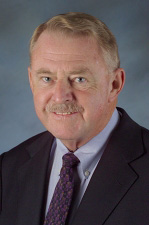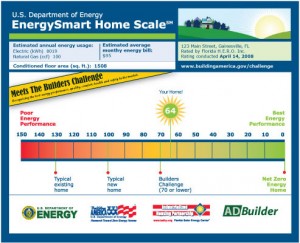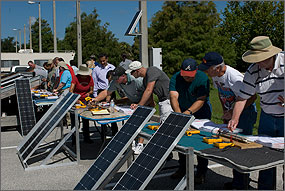
EnergyGauge Summit is easy-to-use, state-of-the-art software that offers construction-industry professionals substantial time savings while completing required energy modeling calculations for LEED® projects.
The Florida Solar Energy Center® (FSEC®), a research institute of the University of Central Florida, just released EnergyGauge Summit Premier 3.22. FSEC will be exhibiting the software at the GreenBuild Expo in Phoenix November 10 – 12, 2009. This state-of-the-art software provides construction-industry professionals with the opportunity to substantially reduce the time required to complete energy modeling for the commercial construction LEED® rating system. It also offers a time-saving federal tax deduction qualification feature.
The new version of Summit Premier contains several improvements and additional features that make it more functional in its use for LEED and other calculations. They include:
- Addition of the LEED (version 3) 2009 calculation feature for Energy Optimization Credit
- Updated federal tax deduction calculation as per IRS Notice 2008-40 (amplification to IRS Notice 2006-52)
- New input fields for various building envelope and system components to allow for more accurate modeling
- Additional schedules for HVAC system control
- DOE-2 based system sizing feature (beta version)



